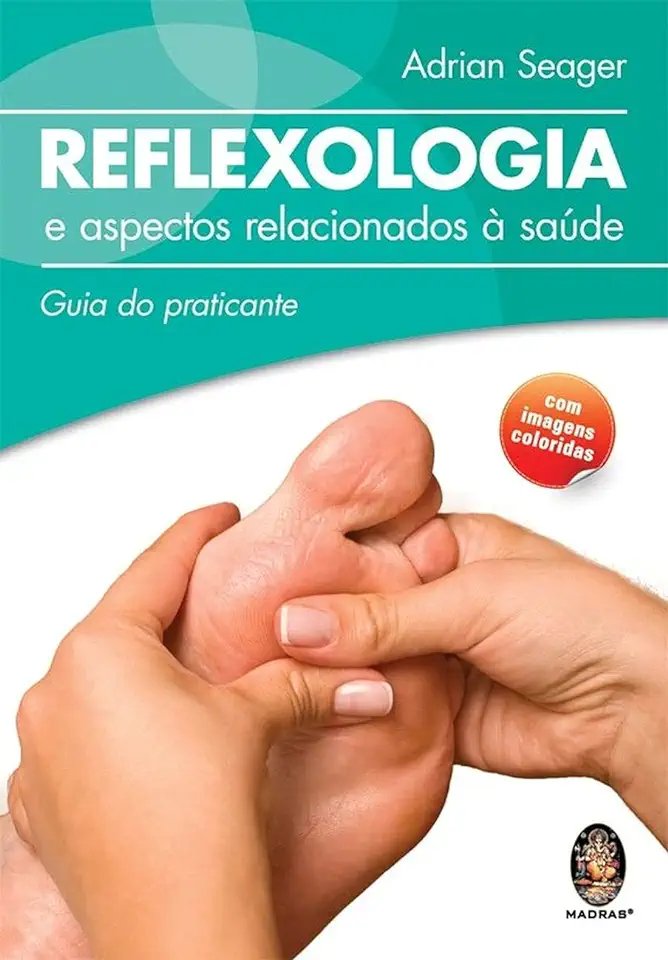
Reflexology and Related Health Aspects - Adrian Seager
Reflexology and Related Health Aspects
Introduction
Reflexology is a holistic therapy that involves applying pressure to specific points on the feet, hands, and ears. It is based on the principle that these points correspond to different organs and systems in the body, and that by stimulating these points, reflexologists can promote relaxation, relieve pain, and improve overall health.
History of Reflexology
Reflexology has been practiced for centuries, with evidence of its use dating back to ancient Egypt, China, and India. In the early 1900s, reflexology was popularized in the United States by Dr. William Fitzgerald, who developed a system of reflexology based on the concept of "zone therapy." In the 1930s, Eunice Ingham further developed reflexology by creating a detailed map of the reflex points on the feet.
How Does Reflexology Work?
Reflexology works by stimulating the body's natural healing mechanisms. When pressure is applied to a reflex point, it sends a signal to the corresponding organ or system, which encourages the body to release endorphins, which have pain-relieving and mood-boosting effects. Reflexology can also help to improve circulation, reduce stress, and promote relaxation.
Benefits of Reflexology
Reflexology has been shown to have a number of benefits for health, including:
- Relief from pain: Reflexology can be effective in relieving pain from a variety of conditions, including headaches, migraines, back pain, and arthritis.
- Improved circulation: Reflexology can help to improve circulation, which can lead to a number of benefits, including reduced pain, improved skin health, and increased energy levels.
- Reduced stress: Reflexology can help to reduce stress and promote relaxation by stimulating the release of endorphins.
- Improved sleep: Reflexology can help to improve sleep quality by reducing stress and promoting relaxation.
- Boosted immunity: Reflexology can help to boost the immune system by stimulating the body's natural healing mechanisms.
- Enhanced mood: Reflexology can help to improve mood by releasing endorphins and reducing stress.
Who Can Benefit from Reflexology?
Reflexology is safe for most people, and it can be beneficial for people of all ages. However, there are some people who should avoid reflexology, including:
- Pregnant women: Reflexology should be avoided during pregnancy, as it can stimulate the uterus and cause contractions.
- People with certain medical conditions: Reflexology should be avoided by people with certain medical conditions, such as heart disease, cancer, and diabetes.
- People taking certain medications: Reflexology should be avoided by people taking certain medications, such as blood thinners and anticoagulants.
How to Find a Reflexologist
If you are interested in trying reflexology, it is important to find a qualified reflexologist. You can find a qualified reflexologist by asking your doctor for a referral, or by searching online for a reflexologist who is certified by a professional organization.
Conclusion
Reflexology is a safe and effective holistic therapy that can provide a number of benefits for health. If you are looking for a way to improve your overall health and well-being, reflexology is a great option to consider.